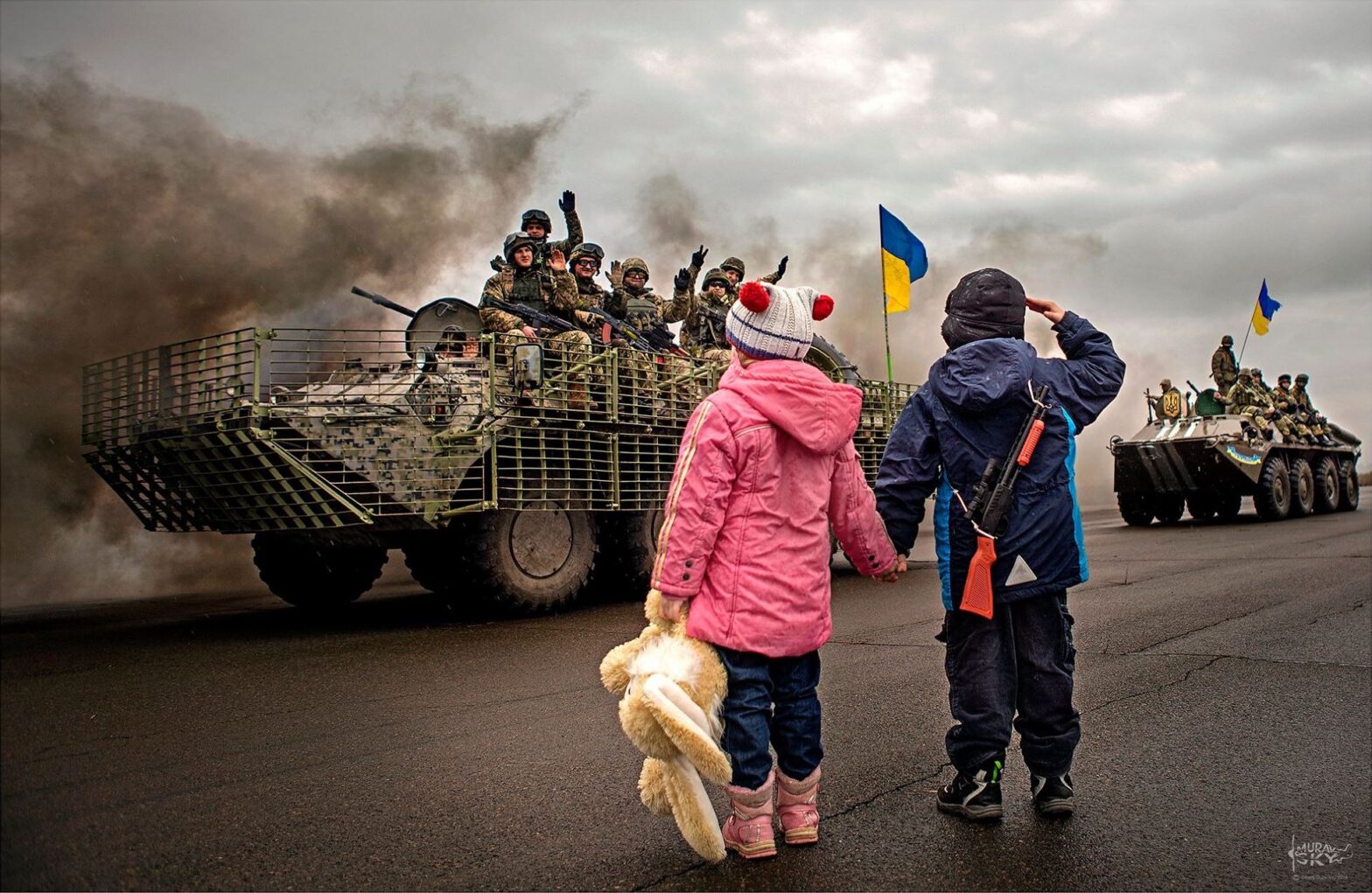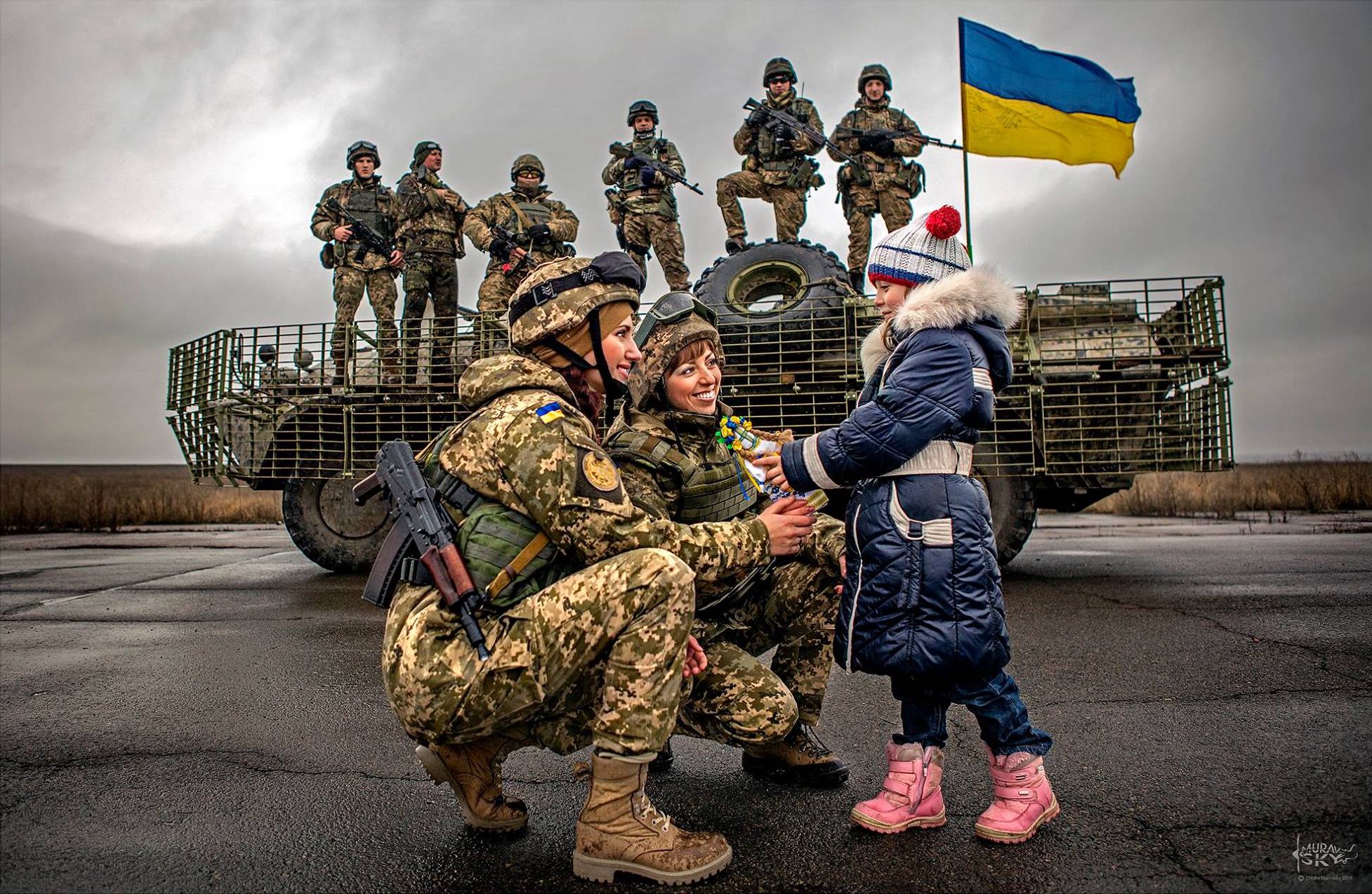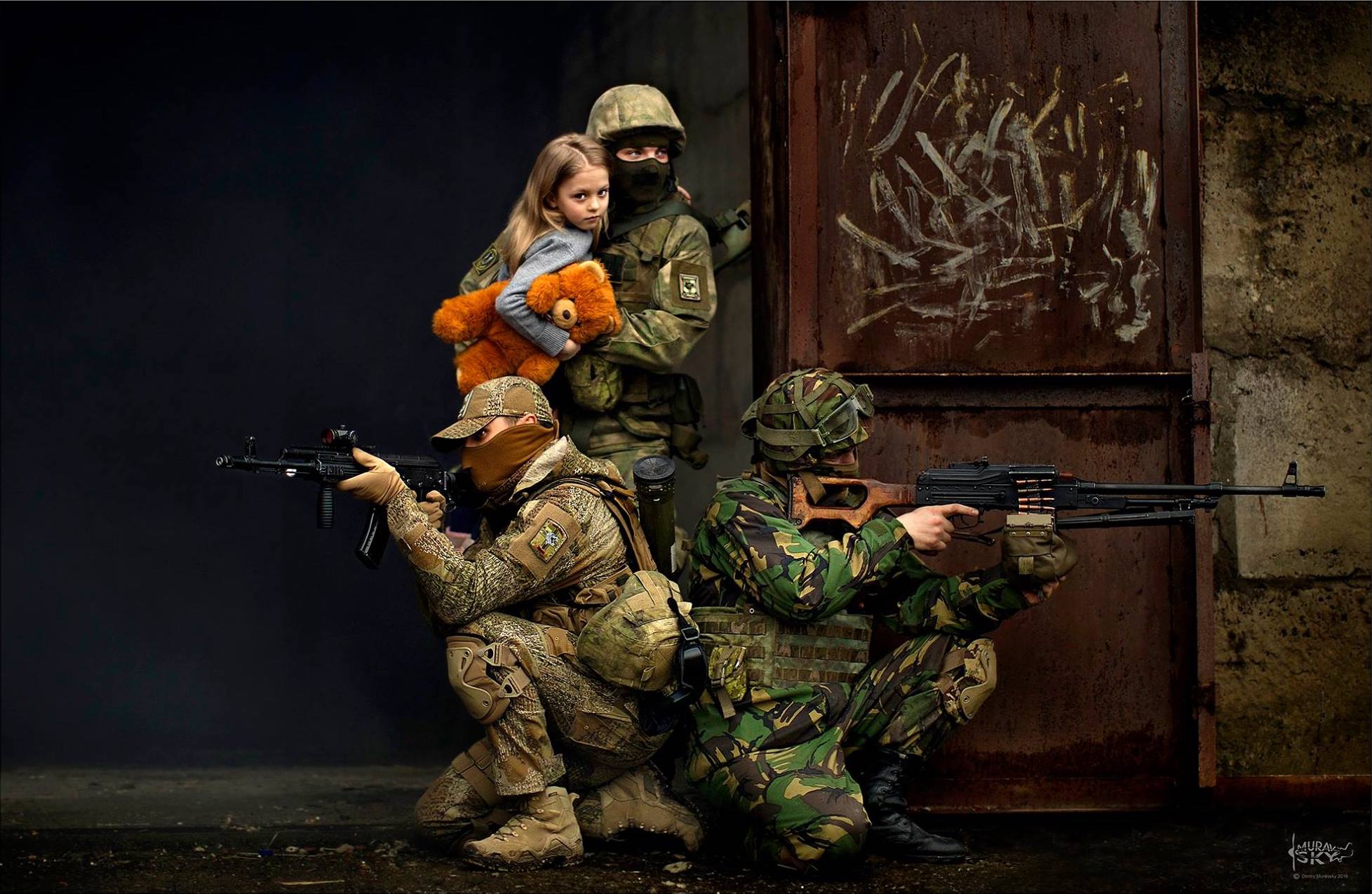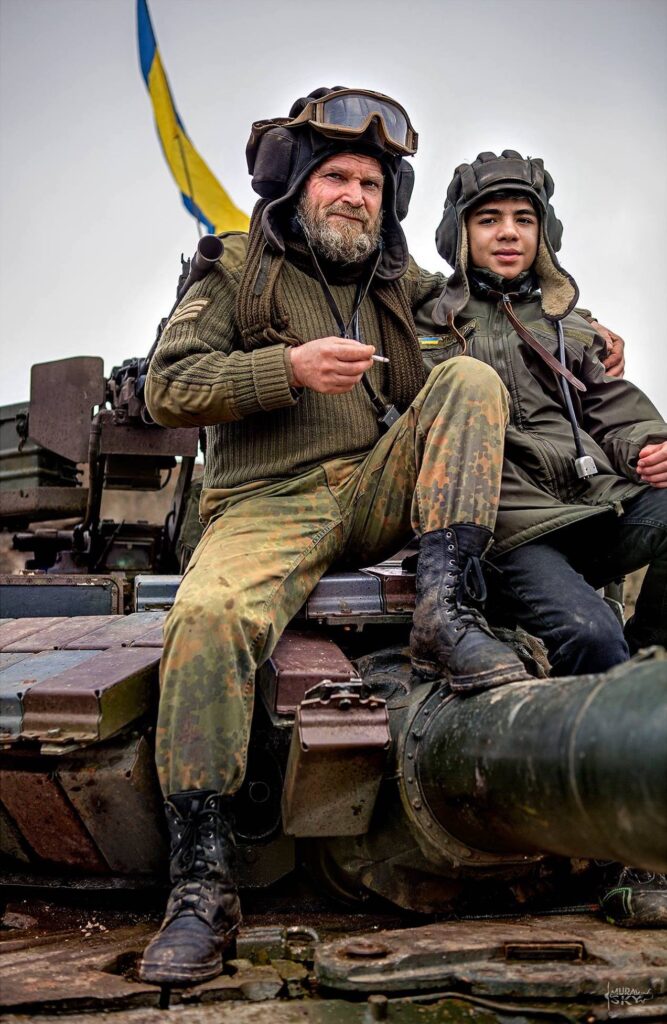If Ethereum inventor Vitalik Buterin publishes an article about the only correct political ideology on April 1st, 2024, one might wonder whether it is an April Fools› Day joke.
Degen Communism
His article presents a very detailed and elaborate exposition on what is termed «degen communism,» framing it as a forward-looking political ideology that seeks to merge the pursuit of the common good with an acceptance of chaos and risk. It touches on numerous contemporary societal and economic issues, suggesting unconventional solutions that mix principles from various political and economic ideologies, with a particular emphasis on leveraging technology, cryptocurrency, and novel governance models.
Given the complexity and the blend of ideas it presents, as well as the timing of its publication, it’s reasonable to question whether it’s an April Fools› joke, especially considering the tradition of publishing outlandish or satirical content on this day. However, without specific context about the source or its usual content tone, it’s challenging to definitively classify the text as a genuine proposal, satire, or an elaborate jest. The concepts of «degen» (short for «degenerate»), often used in the crypto space to describe risky speculative behavior, and the historical weight of «communism» suggest a provocative juxtaposition that could be intended to spark discussion, critique current societal trends, or simply entertain.

The proposal of «degen communism» aims to address real frustrations with current political and economic systems by advocating for radical openness, redistribution, and the application of technology to governance and economics. It is imaginative in envisioning a societal organization that embraces the chaos of the internet age, proposing solutions like Harberger taxes on intellectual property, drastic changes to cryptocurrency governance, and innovative immigration policies.
Whether or not it’s an April Fools› joke, the text serves as a thought experiment on how future political ideologies might evolve in response to technological advancement, societal shifts, and the perceived failures of existing systems. It encourages reflection on the potential for new forms of governance that could emerge from the intersections of technology, economics, and social policy.
Contemporary Political Thinkers
In the realm of contemporary political thought, there’s a diverse array of thinkers proposing innovative solutions to modern challenges, ranging from climate change and inequality to technological disruption and political polarization. Here are some notable figures and their contributions:
Yuval Noah Harari
An historian and philosopher, Harari has gained widespread recognition for his books such as «Sapiens,» «Homo Deus,» and «21 Lessons for the 21st Century.» He discusses the impact of technology on society’s future, including AI and biotechnology, urging a global approach to governance of emerging technologies.
Naomi Klein
An activist and author, Klein focuses on climate change, capitalism, and brand culture. In books like «This Changes Everything: Capitalism vs. The Climate» and «The Shock Doctrine,» she argues for comprehensive systemic change to address climate crisis and advocates for grassroots activism.
Nick Srnicek and Alex Williams
Co-authors of «Inventing the Future: Postcapitalism and a World Without Work,» they advocate for a post-work society, leveraging automation and a universal basic income to free individuals from labor’s constraints, promoting a more equitable economic system.
Kate Raworth
An economist who developed the concept of «Doughnut Economics,» which aims to balance essential human needs and planetary boundaries into economic thinking. Her work suggests a model where economic activity does not exceed the earth’s capacity while ensuring everyone’s basic needs are met.
Thomas Piketty
A French economist known for his work on wealth and income inequality. In his seminal work «Capital in the Twenty-First Century,» Piketty analyzes wealth concentration and distribution over the past few centuries, advocating for progressive taxation to mitigate inequality.
Marina Gorbis
The Executive Director of the Institute for the Future, Gorbis explores the implications of rapid technological changes on society and the economy. She advocates for a «socialstructed» future, where technology enables new forms of collaboration and wealth creation beyond traditional institutions.
Timothy Snyder
A historian specializing in Europe and the Holocaust, Snyder’s work, such as «On Tyranny: Twenty Lessons from the Twentieth Century,» provides a historical perspective on protecting democratic values in the face of authoritarianism and tyranny.
Cornel West
A philosopher, political activist, and social critic, West’s work covers a broad range of issues, including race, justice, and democracy in America. He calls for a revitalized national dialogue on race and equality, emphasizing compassion and a moral commitment to social justice.
Credits
- Picture from the The European Parliament during a plenary voting session from europarl.europa.eu








